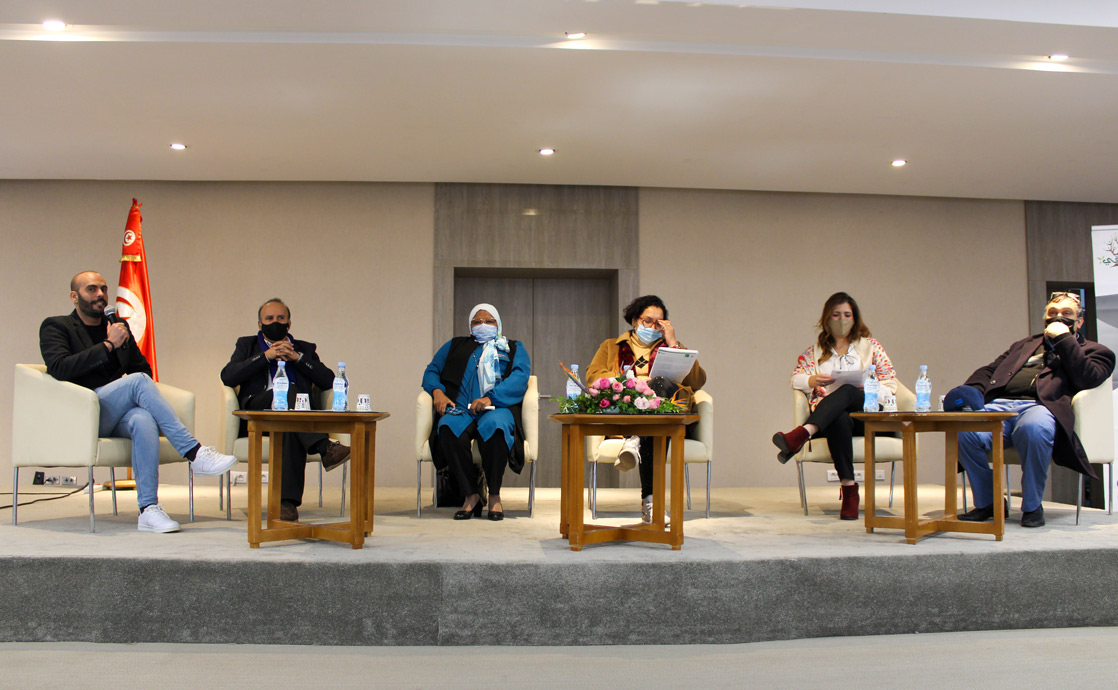The ten-year anniversary of Tunisia’s Revolution invites deeper reflection on the profound Bahá’í teachings regarding unity, social transformation, and collective responsibility. The thematic resonance of “We Must Learn to Live as One” underscores an imperative that transcends geographical and political borders, urging humanity toward a harmonious existence. As such, an exploration of the relevance and application of Bahá’í principles in the context of Tunisia’s socio-political landscape offers both insights and reflections on broader human experiences.
In the wake of Tunisia’s Revolution, which marked a pivotal moment in the Arab Spring, questions surrounding national identity and collective unity persist. The revolution, fundamentally a struggle for personal and social rights, illuminated systemic inequities and mobilized a diverse populace united under the banner of freedom. Yet, this unity raises critical inquiries: How do societies maintain coherence amidst diversity? How can historical grievances be reconciled with aspirations for a shared future? The Bahá’í teachings provide a framework for understanding these dynamics, positing that unity does not imply uniformity, but rather the harmonious coexistence of individuality within communal aspirations.
Bahá’í teachings emphasize that true unity is founded on the recognition of the inherent dignity and oneness of all individuals. The revolutionary fervor witnessed in Tunisia—rooted in the aspirations for justice and equality—echoes the Bahá’í principle that humanity constitutes a single family. Within this context, post-revolution discourse often engages with the question of how to foster social cohesion in a landscape rife with historical division and ideological fragmentation. It is imperative, therefore, to cultivate empathy and understanding across diverse perspectives, resonating with the Bahá’í assertion that “the earth is but one country, and mankind its citizens.”
Critical to this pursuit of unity is the necessity for dialogue. Open and constructive discourse fosters an environment where differences can be articulated and respected. The post-revolutionary ethos in Tunisia should thus pivot towards inclusive discussions that honor multifaceted identities, allowing for diverse voices to contribute to a shared vision of society. The Bahá’í principle of consultation becomes particularly salient in this context, encouraging a collective approach to decision-making that harmonizes various viewpoints while striving for equitable outcomes. Such inclusive practices can mitigate the polarization often exacerbated by political transitions.
Moreover, the commitment to justice as articulated by the Bahá’í Faith must underpin every step toward societal healing and progress. Justice in this framework transcends mere retribution; it encompasses a profound sense of moral rectitude and is rooted in the ethical imperative to uplift the marginalized and disenfranchised. In Tunisia, where the revolution was partly propelled by the desire for justice, the principles of equity and fairness must guide both policy formation and societal attitudes. This responsibility falls not solely on leaders but upon civil society as well, necessitating a collective moral awakening that aligns with the comprehensive vision articulated in Bahá’í writings.
As Tunisia grapples with its post-revolution identity, the Bahá’í teachings on the importance of education emerge as a crucial lever for societal transformation. A transformative educational paradigm that emphasizes critical thinking, moral development, and the exploration of social and spiritual realities is vital for nurturing a generation capable of forging unity amidst diversity. Investing in such education is not merely a reactive measure but a proactive strategy aimed at cultivating future leaders who embody the principles of oneness and collaboration. The teachings advocate for the empowerment of individuals through education, highlighting that knowledge is the precursor to action and social change.
Additionally, the importance of service to humanity resonates deeply within the Bahá’í framework and dovetails with the post-revolutionary aspirations of Tunisians. Engendering a spirit of selfless service fosters a culture of responsibility, encouraging individuals to transcend personal ambitions for the common good. In a nation still grappling with socio-economic challenges, this imperative can galvanize communities toward collaborative initiatives that address immediate needs while nurturing long-term resilience. Engaging in acts of service cultivates connections across social strata, reinforcing the idea that every individual has a role to play within the fabric of society.
However, the journey toward realizing a collective identity necessitates a level of courage that transcends complacency. Political upheaval often engenders cynicism and despair, yet the Bahá’í teachings urge an unwavering commitment to hope and possibility. The essence of humanity’s collective journey is encapsulated in the belief that progress, albeit slow and fraught with challenges, is inexorable. Therefore, as Tunisia continues to navigate its post-revolutionary trajectory, it is paramount to cultivate a culture imbued with optimism, resilience, and the unwavering belief that unity is attainable.
Ultimately, the phrase “We Must Learn to Live as One” encapsulates a call to action—an invitation to engage thoughtfully and proactively with the complexities of shared existence. As the world reflects on Tunisia’s experience ten years on, there lies an opportunity to internalize the Bahá’í principles of unity, justice, and service as foundational elements of societal reconstruction. The vision of a unified humanity is not only an ideal to aspire toward; it is a practical necessity for fostering a world capable of thriving amidst its inherent diversity. Embracing this vision will require the concerted efforts of individuals and communities alike, but the foundational teachings of the Bahá’í Faith offer a rich tapestry of guidance to navigate the path forward.
